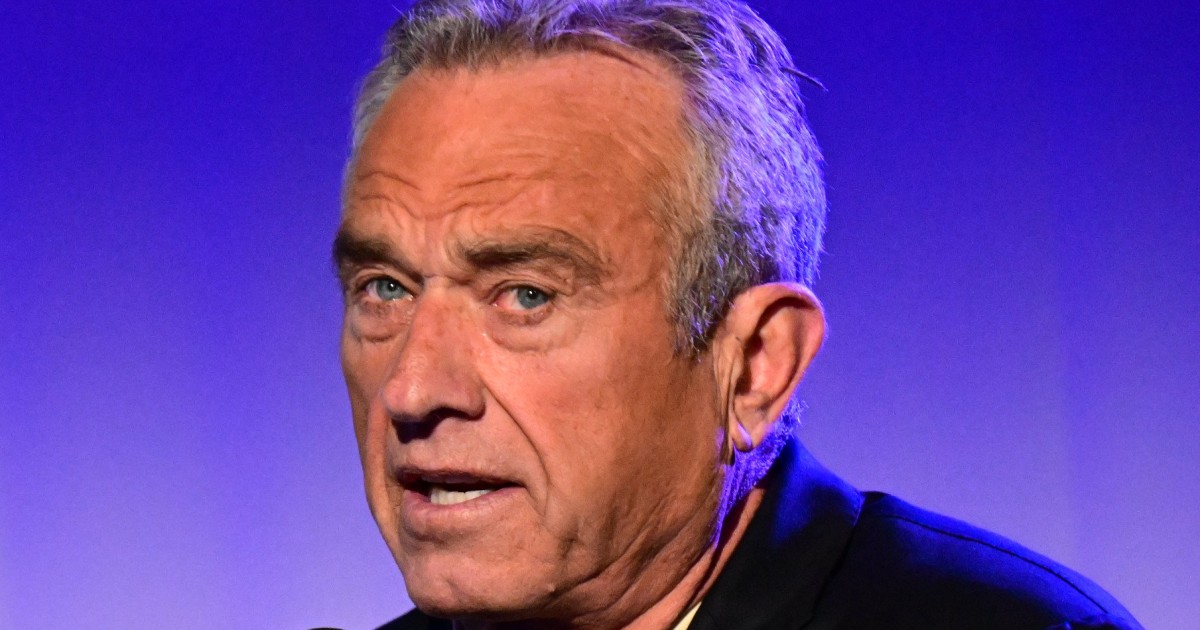
YouTube said Monday that it had removed a video of Robert F. Kennedy Jr. speaking with podcast host Jordan Peterson for spreading what the company said was vaccine misinformation.
The decision is the latest challenge for Kennedy as he seeks to find support for a Democratic presidential run after years as an anti-vaccine crusader. The video was removed amid a broader tug-of-war online between vaccine conspiracy theorists and prominent doctors.
YouTube’s policies against hosting false medical information are long-standing.
“We removed a video from the Jordan Peterson channel for violating YouTube’s general vaccine misinformation policy, which prohibits content that alleges that vaccines cause chronic side effects, outside of rare side effects that are recognized by health authorities,” YouTube said Monday in a statement.
Peterson, a right-wing Canadian pundit and psychologist known for his attacks on feminism and racial diversity, recorded the video as a podcast for The Daily Wire, a conservative media outlet.
Kennedy and Peterson criticized YouTube on Sunday for removing the 95-minute video. They accused the company of interfering with a presidential election campaign.
“Should social media platforms censor presidential candidates?” Kennedy asked on Twitter, where the video remains online.
It was not the first time Kennedy has lost access to social media accounts for spreading health misinformation. Last year, Facebook and Instagram cited the same reason when they suspended Children’s Health Defense, an anti-vaccine group that Kennedy founded.
At least one clip of the interview still appears on TikTok. A representative for TikTok did not immediately have a comment.
Kennedy, who is challenging President Joe Biden in the Democratic primary campaign, is the latest member of a political dynasty to seek the White House. His uncle was President John F. Kennedy, and his father was Sen. Robert F. Kennedy, both of whom were assassinated in the 1960s.
Several members of the Kennedy family have distanced themselves from his anti-vaccine positions, writing in an op-ed in 2019 that he had “helped to spread dangerous misinformation.”
Kennedy has sought out uncritical media outlets; last week, he gave a three-hour interview to podcaster Joe Rogan and offered false information or unsubstantiated allegations on a variety of subjects, including Wi-Fi technology.
Dr. Peter Hotez, a vaccine specialist, took to Twitter on Saturday to criticize that interview, after which Rogan fired back by inviting Hotez to debate Kennedy on the show. Rogan said he would give $100,000 to charity if Hotez agreed.
Hotez, a dean at Baylor College of Medicine, declined, saying in an appearance on MSNBC that appearing alongside Kennedy would turn the discussion into “The Jerry Springer Show.”
The back-and-forth became a leading topic for weekend political discussion on Twitter, as tech billionaires Elon Musk and Mark Cuban chose sides. Hotez said anti-vaccine activists confronted him at home Sunday asking him to debate Kennedy.
YouTube and other social media platforms have taken a hard line against false medical information since the start of the Covid-19 pandemic, highlighting advice from official sources and removing posts that they said threatened public health.
But Meta, the owner of Facebook and Instagram, said Friday that its policy to curb the spread of misinformation related to Covid-19 would no longer be in effect globally.

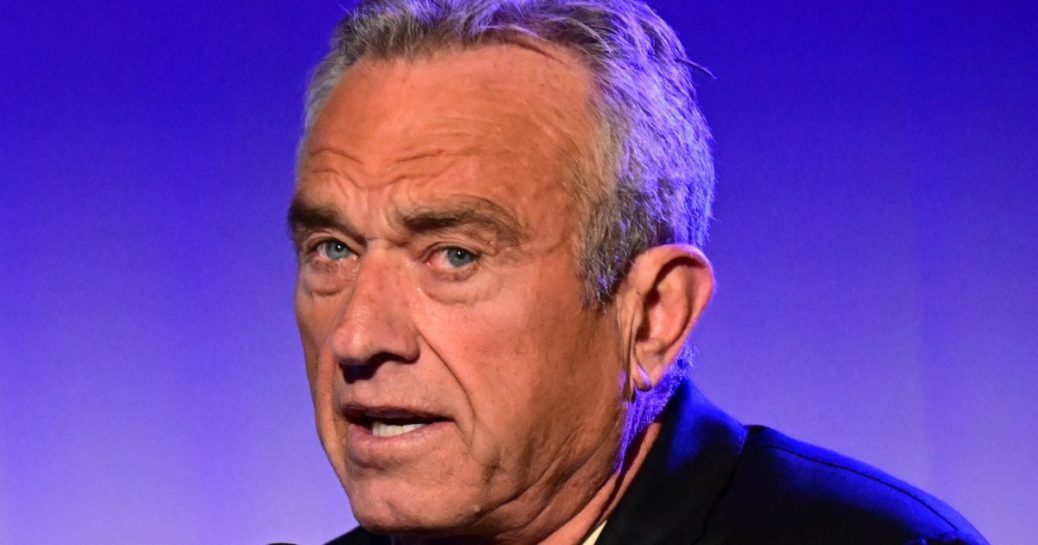
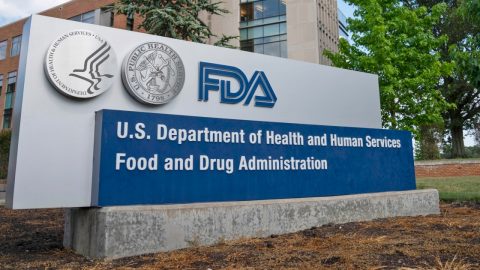

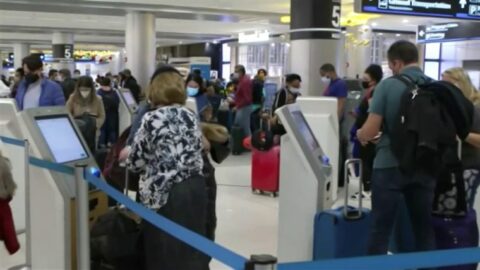
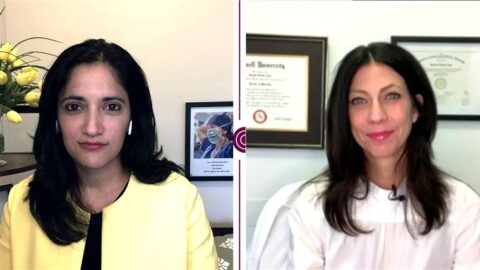

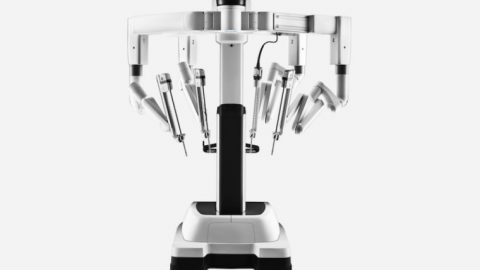
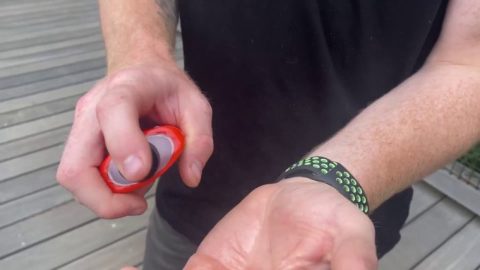

Recent Comments